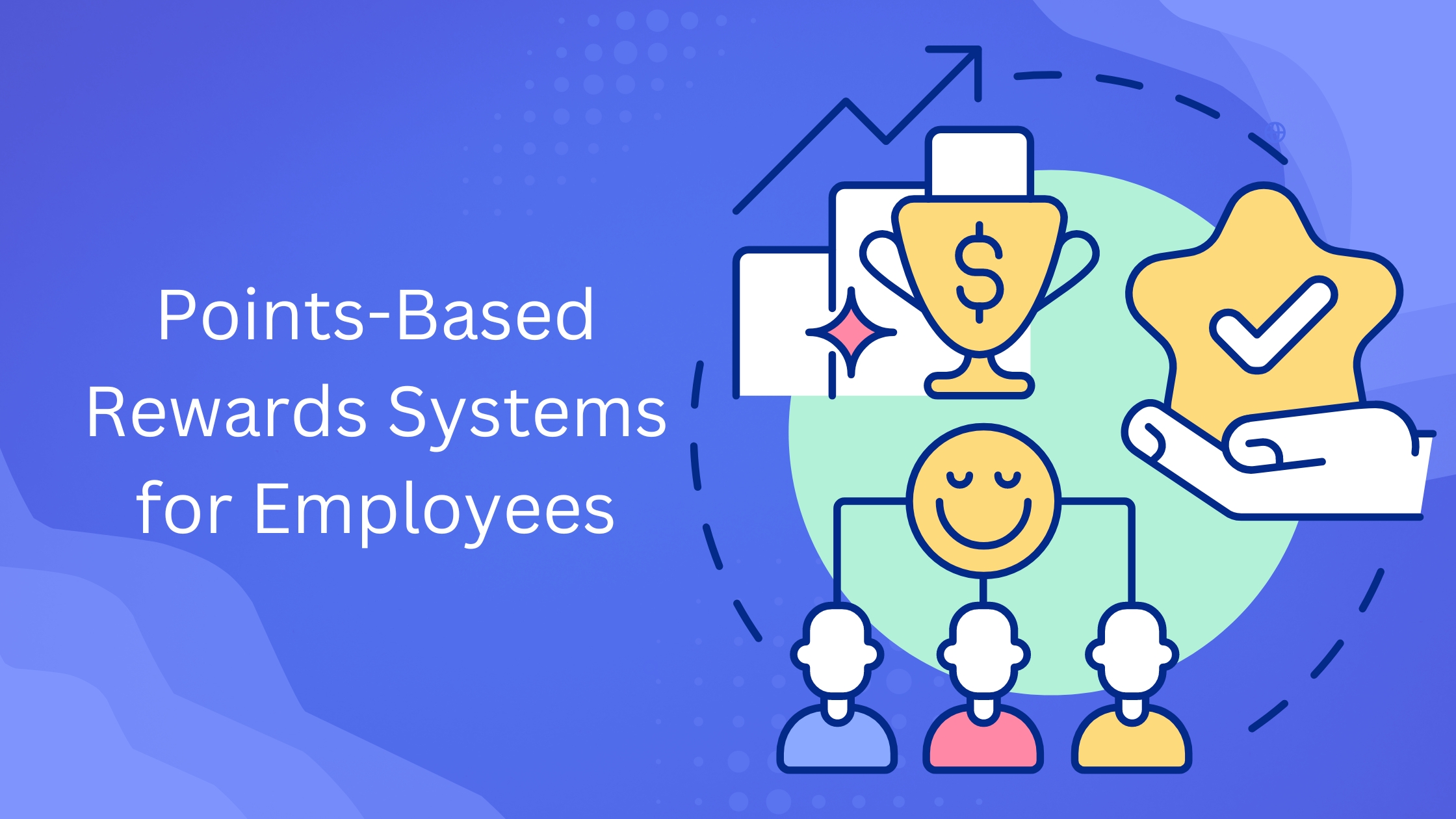
Employee motivation and engagement stand as the cornerstones of a thriving workplace culture. As companies endeavor to foster an environment conducive to productivity and satisfaction, the implementation of rewards systems has emerged as a pivotal strategy. Among these, points-based rewards systems have gained traction, offering a nuanced and effective means to incentivize, recognize, and retain talent within organizations.
Understanding Points-Based Rewards Systems
Points-based rewards systems operate on the principle of accumulating points for various actions, achievements, or behaviors. These points can then be redeemed for rewards, ranging from monetary bonuses to tangible gifts, extra time off, professional development opportunities, or exclusive experiences.
Driving Performance and Engagement
The allure of these systems lies in their ability to align individual and organizational goals. By creating a direct correlation between actions and rewards, employees are motivated to exhibit behaviors that contribute positively to the company’s objectives.
Whether it’s meeting sales targets, completing training modules, or fostering teamwork, the system encourages behaviors that drive overall performance. Companies looking to implement effective points-based rewards systems for boosting employee engagement and productivity can consult with a trusted team building company in Mumbai.
Benefits of Points-Based Rewards Systems
Personalization and Flexibility
One of the key advantages of points-based systems is their flexibility. Employees can often choose the rewards that resonate most with them, leading to a more personalized and meaningful experience. This personalization fosters a sense of autonomy and empowers individuals to set their own goals within the framework provided.
Recognition and Morale Boost
Employee recognition is a fundamental human need, and points-based systems offer a structured way to acknowledge and appreciate employees’ efforts. Whether through public acknowledgment of points earned or reaching milestones, these systems inherently boost morale, fostering a positive work environment.
Retention and Loyalty
Retention of top talent is a perpetual challenge for organizations. Points-based rewards systems, when executed effectively, contribute to higher employee retention rates. When employees feel valued and rewarded for their contributions, they are more likely to remain loyal to the company.
Best Practices for Implementing Points-Based Systems
Clear Communication and Transparency
Transparent communication regarding the criteria for earning points, the value assigned to each action, and the available rewards is essential. Clarity ensures employees understand the system’s workings, fostering trust and engagement.
Regular Evaluation and Adaptation
Regularly evaluate the effectiveness of the rewards system by gathering feedback from employees. Adaptation and refinement based on this feedback are crucial for keeping the system relevant and aligned with evolving employee needs and preferences.
Align with Company Culture and Goals
Ensure that the rewards system aligns with the company’s values and objectives. When the system reflects the organization’s culture, it becomes an integral part of the workplace environment, reinforcing desired behaviors.
Challenges and Considerations
While points-based rewards systems offer numerous advantages, challenges exist. Points systems might inadvertently encourage competition over collaboration if not structured thoughtfully. Additionally, if rewards are perceived as inadequate or unattainable, the system can lead to demotivation.
Conclusion
Points-based reward systems, augmented by team-building games, represent a dynamic approach to enhancing employee motivation, engagement, and performance. When implemented with careful consideration of individual preferences, organizational goals, and regular refinement.
These systems can be a powerful tool in cultivating a positive workplace culture, driving performance, and fostering employee satisfaction. Where attracting and retaining talent remains a competitive endeavor, points-based reward systems serve as a strategic investment in nurturing a motivated, engaged, and loyal workforce.

